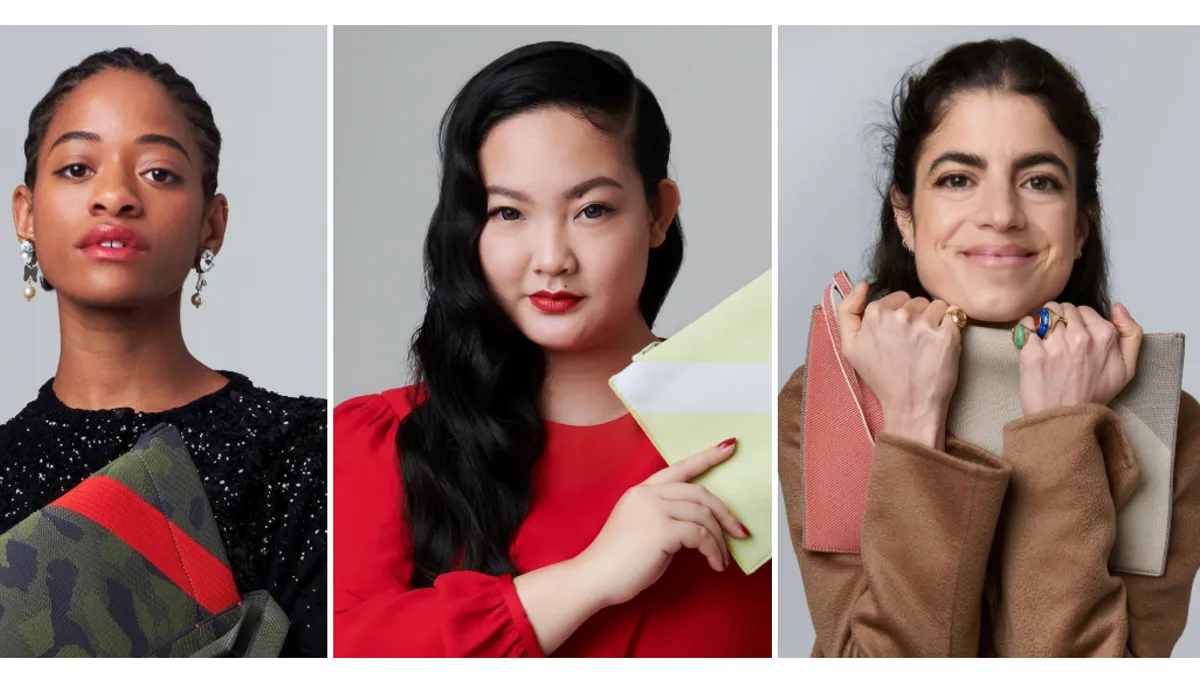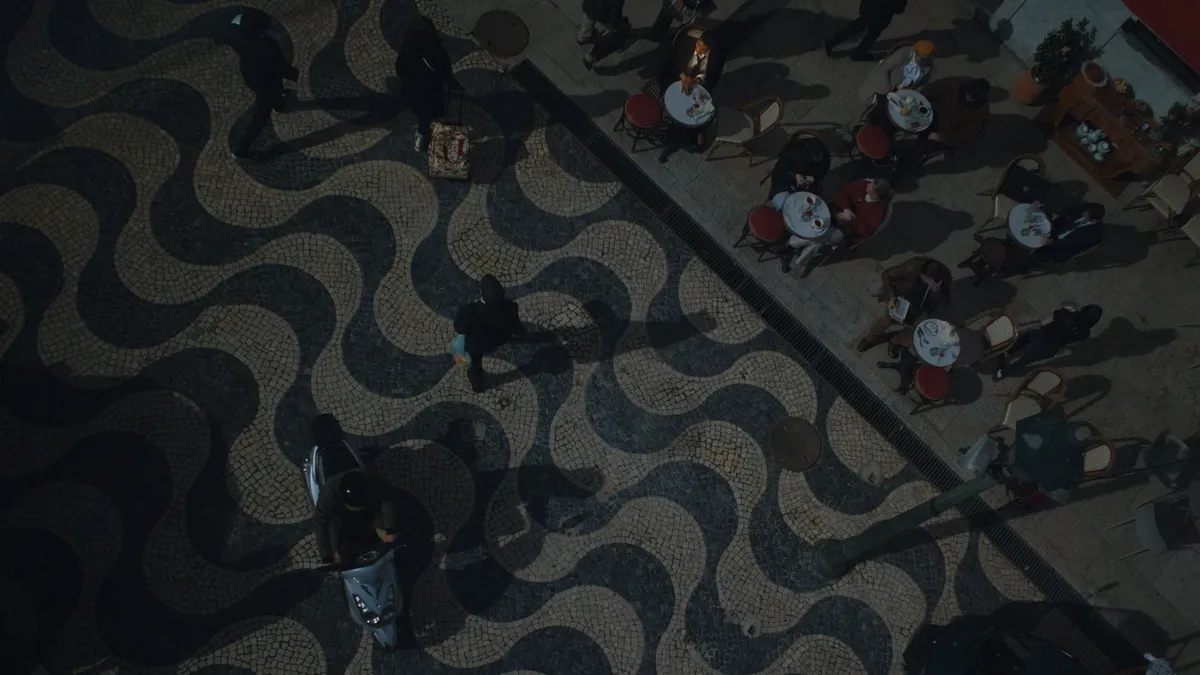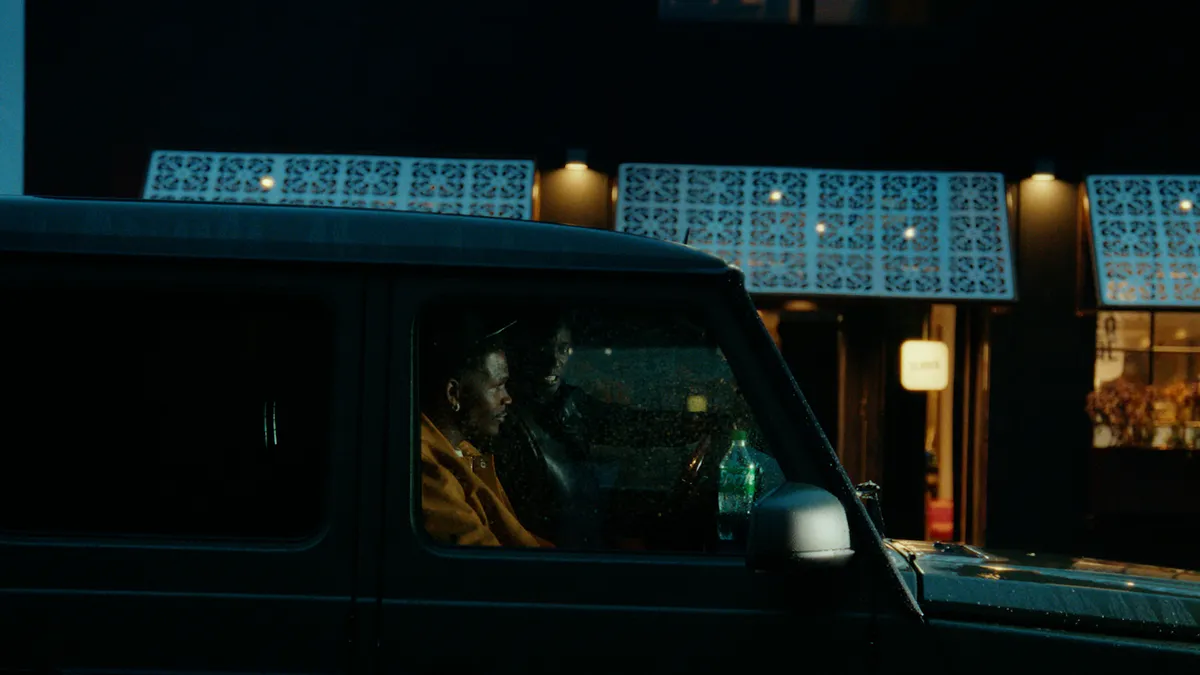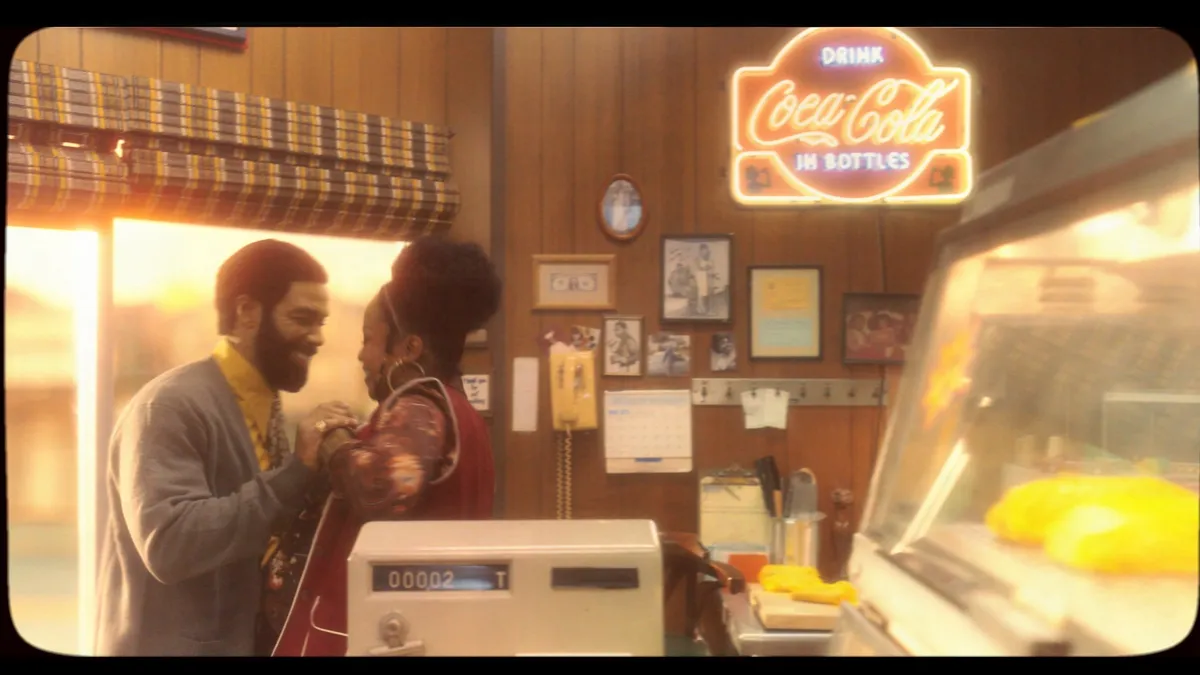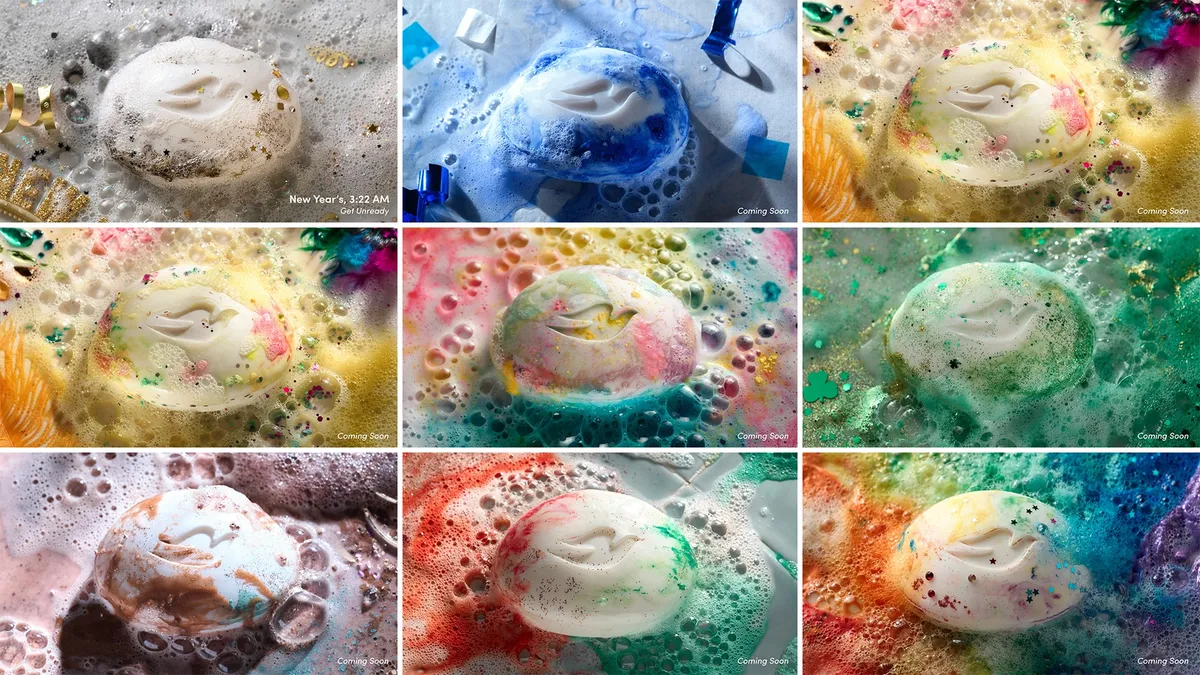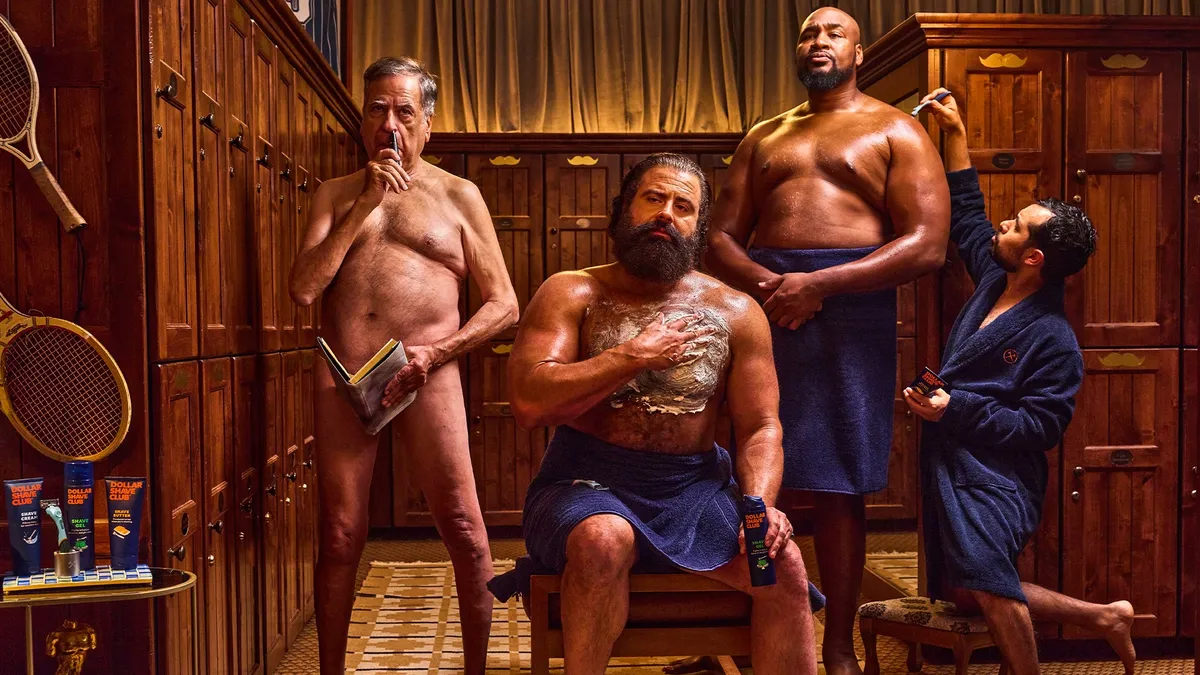Campaign Trail is our analysis of some of the best and worst new creative efforts from the marketing world. View past columns in the archives here.
When it comes to luxury, a diverse tapestry of emerging brands and tastemakers is redefining the category. Legacy players like Neiman Marcus and Barneys New York have floundered in recent years — even before the coronavirus pandemic — while younger direct-to-consumer (DTC) brands continue to snag sales and attention through more modern, mission-based marketing approaches.
Consumers traditionally showcased luxury by sporting high-end brand names, according to DTC shoe brand Rothy's SVP of Marketing Elie Donahue. But now, many people are expressing what luxury means to them by making statements with their purchases.
"It's about signaling to every person around you that you're a conscious consumer. Those badges, those small symbols of what you carry — what you wear, where you eat and the type of food you eat — are the new luxury," she told Marketing Dive.
Supporting causes through style choices
Four-year-old shoe brand Rothy's — which weaves recycled plastic water bottles in its products — aimed to tap into that conversation and explore luxury's evolving definition with a new Statement Makers campaign in early March to introduce its first handbag line. The campaign includes a "surround sound" in New York City with billboards, digital displays, subway ads and a partnership with The New York Times, per details Rothy's shared. A full-page ad in the Times, as well as a takeover of the publication's homepage and social amplification on the Style section's channels, highlighted five "statement makers" to illustrate the evolution of luxury.
Rothy's intentionally designed the shoot to not be product-centric, and instead focused on how the featured people, including activists Amber Valletta and Amanda Nguyen and UNICEF ambassador Halima Aden, support causes through their style choices, according to Donahue.
"We showed them with the bag, but we also just told their story about being human," she said.
The DTC brand's sales in New York spiked over the campaign's first month, which launched right when many cities and states issued stay-at-home orders due to the coronavirus pandemic, Donahue reported.
Adapting to a pandemic
Brands in every category have looked to pivot their messaging amid the global health crisis to avoid coming off as insensitive or ill-timed. Rothy's tweaked language in a few ads, including the podcast "The Daily," to adjust the tone.
"We don't want to be over-commercial right now. We're trying to let [our consumer] guide us and hear how she's feeling so we can create content that's relatable for when we're all in our sweats at home," Donahue said.
"The brands I admire tap into something bigger than just what they're selling. They tap into a feeling and your desire to be part of the world."

Elie Donahue
Rothy's, SVP of marketing
Since the Statement Makers campaign launched, Rothy's has initiated several efforts to support consumers and the broader community during the pandemic, including a COVID-19 relief fundraiser and creation of an innovation coalition with brands such as Framebridge and ThirdLove to share resources in the production of masks and other personal protective equipment. Branded videoconferencing wallpapers and a Spotify playlist round out Rothy's consumer-facing efforts during the outbreak.
The Open Innovation Coalition is designed to help 1 million people in the next three months, according to Donahue, who added that companies of all sizes have a responsibility to support their community during crises like this.
"Not every brand can donate a billion dollars. Even the smallest gestures in this time of need are so important. Doing nothing is just not an option," she said. "These are the times in the world where industries change and brands come together. A lot of creativity can really come up out of times like this."
Sustainability in luxury
The New York Times' T Brand Studio interviewed the five women for the campaign back in early February to illustrate their values by the things they do and the ways they show up. Even now, after coronavirus-related concerns have spread around the globe and municipalities have issued social distancing mandates, the statement makers' content for Rothy's is still relevant.
That element of timelessness is core to the DTC brand's creative strategy, per Donahue.
"We try to think about women in our messaging more than just shoes and bags. What makes a compelling message is when it still makes a ton of sense months later, when the world falls apart or there's a pandemic," she said.
Brands that design marketing campaigns as a channel to tap into cultural conversations beyond a product itself can position themselves as a top-of-mind outlet for the growing group of consumers looking to buy from mission-oriented companies that share their values.
"The brands I admire tap into something bigger than just what they're selling. They tap into a feeling and your desire to be part of the world," Donahue said. "When somebody chooses Rothy's, they're not just choosing a shoe. They're choosing to be somebody who chooses sustainability, sustainable design and an intelligent product that is durable and stands for something."



